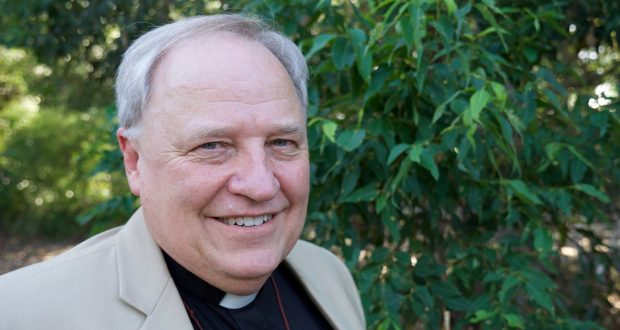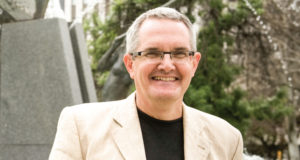I remember when I used to watch Q&A on ABC, there was an episode from the Sydney Writers’ Festival. One of the guests was Peter Hitchens, brother of the famous atheist Christopher Hitchens. Peter is a commentator and journalist from the United Kingdom.
When asked at the end of the show for signs of hope around them, the other guests on the panel answered with the usual range of things. Hitchens said, “The resurrection of Jesus Christ”. I thought, “Good on him, saying that in that context”. He was someone grounded in the Gospel that shaped his life since his mid-thirties, and his views are at times controversial. But he brings the clarification of the Christian hope that comes from a late conversion, after having explored other belief systems.
The resurrection of Jesus Christ is the lynchpin of the Christian faith.
Christians believe that in and through Jesus of Nazareth, God was dealing with the issues of evil, sin, and death, and beginning a new creation; in his body, the new creation and the one in which we live, intersect.
The resurrection does not fit in with a modernist world view and it didn’t fit very well with the ancient ones either. In some ways, it probably fits better with a post-modern world view, where everyone’s idea is equally valid.
But it is the deposit of hope, an assurance that the world will be “put to rights”. That might not mean a lot to those who live in the affluence of the west but for many this is a guiding light, an assurance that life is not capricious, hard, and futile.
It calls out a view of creation that evokes the most noble of the many ways of viewing existence and it speaks to the deep wells of wonder and imagination that lie in all our hearts.
It is a mystery. Reading the Gospel accounts of the life of the early church, we can see that the first witnesses struggled to account for what they had experienced but they were of no doubt that the world could never be the same; that the view they had of themselves, their neighbour, and of creation had changed, irrevocably.
Paul saw creation “groaning with expectation of the revelation of the children of God” (Romans 8:19). In the face of those who wanted to keep the old religions, and keep the traditional structures of society, he held tenaciously to the implications of the resurrection; that “there was no longer Jew or Greek, there is no longer slave or free, there is no longer male and female; for all of you are one in Christ Jesus” (Galatians 3:28).
The resurrection gives humanity a different way of viewing existence from any other view; importantly, it is the foundation of Christian love. To accept the resurrection is to be a part of this new creation in the here and now. After affirming the resurrection, Paul in 1 Corinthians 15 doesn’t say, “So sit back, relax, chill out and wait”; no, he says, “As a result of all this … stand firm, unshakable, excelling in the work of the Lord as always, because you know that your labour isn’t going to be for nothing in the Lord”.
To love our neighbour as we love ourselves is to bear witness to the coming new creation, the coming reign of God; to express our hope, and to give hope to others.
Rev David Baker
Moderator
Queensland Synod
 JourneyOnline
JourneyOnline







